Ever wondered why some people seem to radiate happiness, even in challenging times? What if I told you there’s a simple practice that could boost your happiness by 10% and slash depressive symptoms by a whopping 35%? Buckle up, because we’re about to dive into the fascinating world of gratitude and its profound impact on happiness!
Key Takeaways:
- Practicing gratitude can increase happiness by 10% and reduce depression by 35%
- Gratitude boosts positive emotions and improves sleep quality.
- Keeping a gratitude journal for just 5 minutes daily can have lasting benefits.
- Expressing appreciation strengthens relationships and social connections;
- Gratitude practice can lower stress levels and improve physical health;
- Cultivating gratitude is a skill that can be developed with consistent practice.
The Science Behind Gratitude and Happiness
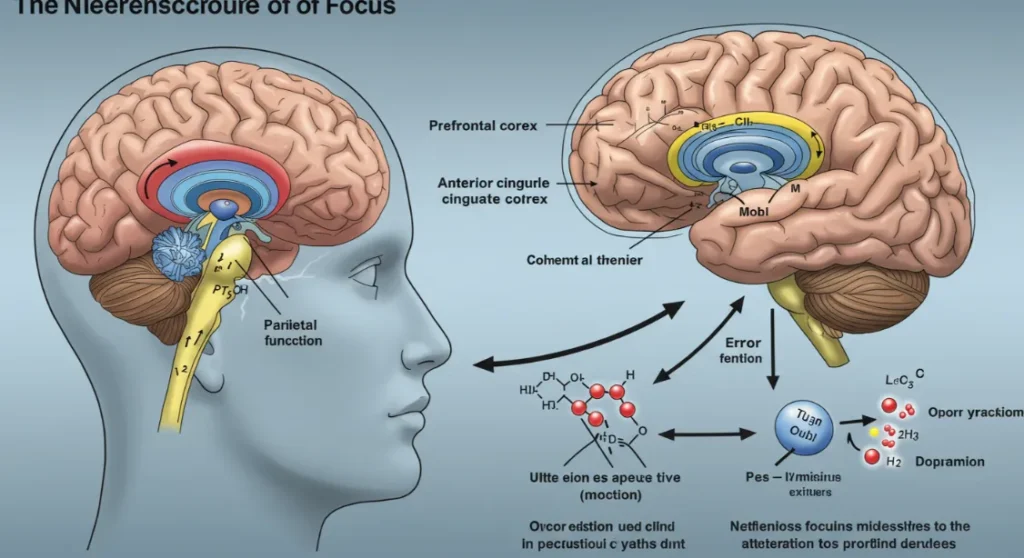
You know that warm, fuzzy feeling you get when someone does something nice for you? That’s gratitude in action! But it’s more than just a fleeting emotion—it’s a powerful force that can transform your entire outlook on life. Let’s break it down with some mind-blowing science:
| Study | Findings |
|---|---|
| Emmons & McCullough (2003) | 5 minutes of daily gratitude journaling increased long-term happiness by over 10% |
| Seligman et al. (2005) | A single gratitude practice reduced depressive symptoms by 35% for up to 6 months |
| Wood et al. (2008) | Higher gratitude levels correlated with lower stress and depression, plus increased social support |
Isn’t that incredible? Just by focusing on the good things in your life, you can rewire your brain for happiness! It’s like giving your mind a happiness upgrade. But how exactly does gratitude work its magic? Well, when you practice gratitude, your brain releases feel-good chemicals like dopamine and serotonin. These neurotransmitters are like little happiness messengers, spreading joy throughout your body. Practicing mindfulness can help you become more aware of the things you’re grateful for in the present moment. By combining gratitude with mindfulness, you’re creating a powerful cocktail for happiness!
The ripple effect of gratitude
Gratitude isn’t just a personal practice; it has a ripple effect that can touch every aspect of your life.
- Improved Relationships: When you express appreciation to others, it strengthens your bonds and makes people want to be around you more. It’s like relationship fertilizer!
- Better Sleep: Counting your blessings before bed can lead to more restful sleep. Say goodbye to those restless nights!
- Enhanced Physical Health: Grateful people tend to take better care of themselves, exercising more and eating healthier. Your body will thank you!
- Increased Resilience: Gratitude helps you bounce back from setbacks more easily. It’s like a mental armor against life’s challenges.
- Boosted Self-Esteem: Focusing on the good in your life can help you feel more confident and worthy. You’ll be strutting your stuff in no time!
Learning to be more assertive can help you express your gratitude more effectively, further enhancing your relationships and self-esteem.
Practical Tips for Cultivating Grit
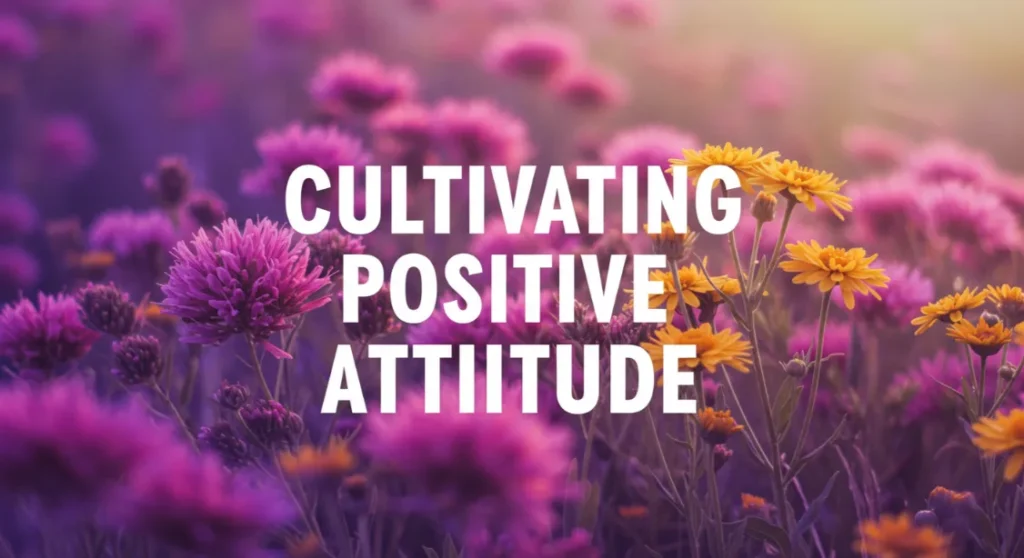
Ready to jump on the gratitude train? Here are some fun and easy ways to get started:
1. Keep a gratitude journal.

Grab a notebook and jot down 3-5 things you’re grateful for each day. It can be as simple as “my comfy bed” or as profound as “my supportive family.” The key is consistency!
2. Express Appreciation to Others
Tell someone how much you appreciate them. It could be a heartfelt “thank you” to the barista who makes your morning coffee or a thoughtful note to a friend who’s always there for you.
3. Practice mindful gratitude.
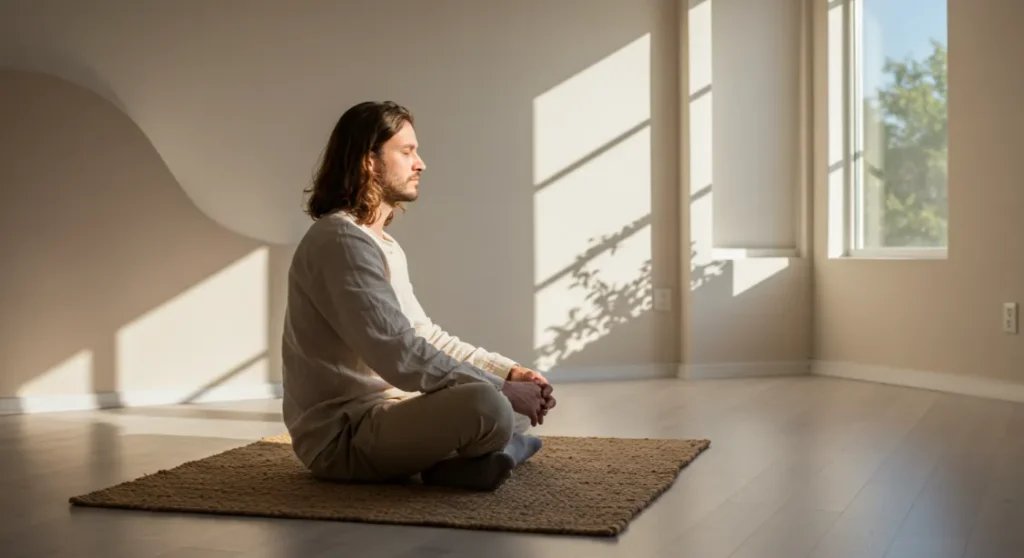
Take a few minutes each day to really enjoy the good things in your life. Use all your senses—what do you see, hear, smell, taste, or feel that you’re grateful for?
4. Create a gratitude jar.
Write down things you’re grateful for on small slips of paper and add them to a jar. When you’re feeling down, pull out a few and remind yourself of all the good in your life.
5. Play the “Gratitude Game.”
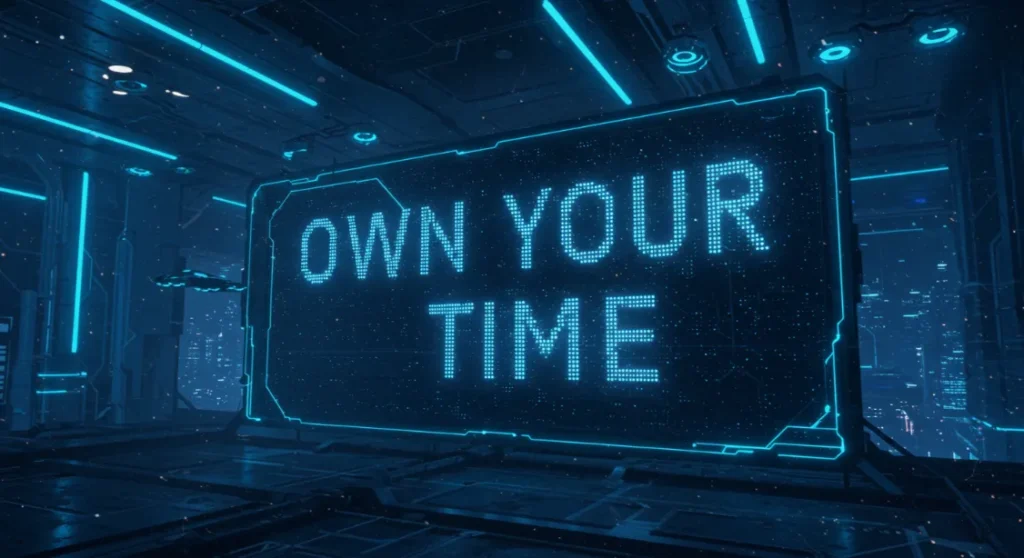
Challenge yourself to find something to be grateful for in difficult situations. Stuck in traffic? Be thankful for the extra time to listen to your favorite podcast! Developing a growth mindset can help you see challenges as opportunities for gratitude, further enhancing your happiness and resilience.
Overcoming gratitude roadblocks
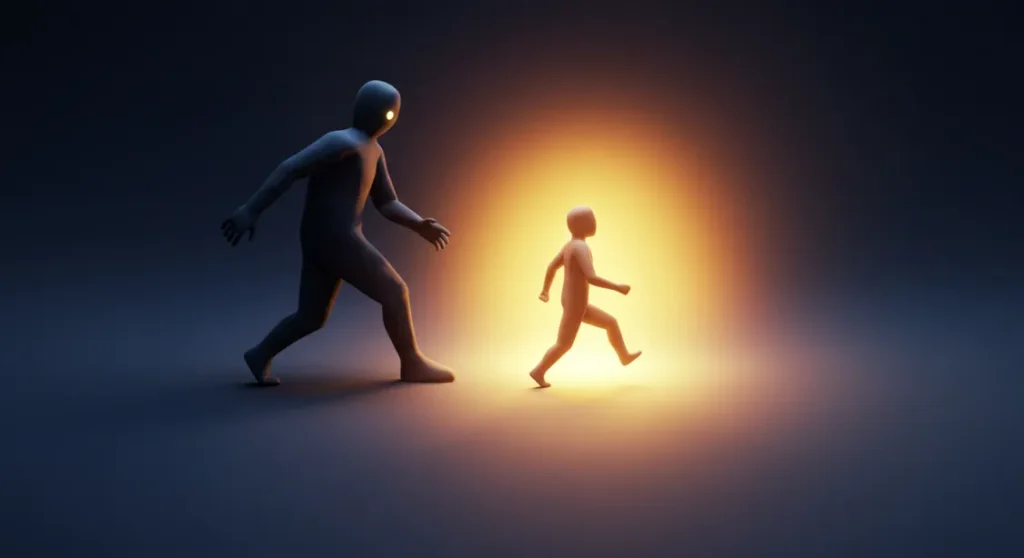
Sometimes, practicing gratitude can feel challenging. Here are some common roadblocks and how to overcome them:
- I don’t have anything to be grateful for.” Start small! Even the tiniest things count, like a warm cup of coffee or a sunny day.
- I forget to practice”: Set reminders on your phone or link gratitude to an existing habit, like brushing your teeth.
- It feels forced or insincere.”: Be patient with yourself. Like any skill, gratitude takes practice to feel natural.
- I’m too busy”: Remember, even 5 minutes a day can make a huge difference. Prioritize your happiness!
Learning to manage your time effectively can help you carve out space for gratitude practice, even on your busiest days.
The long-term benefits of gratitude
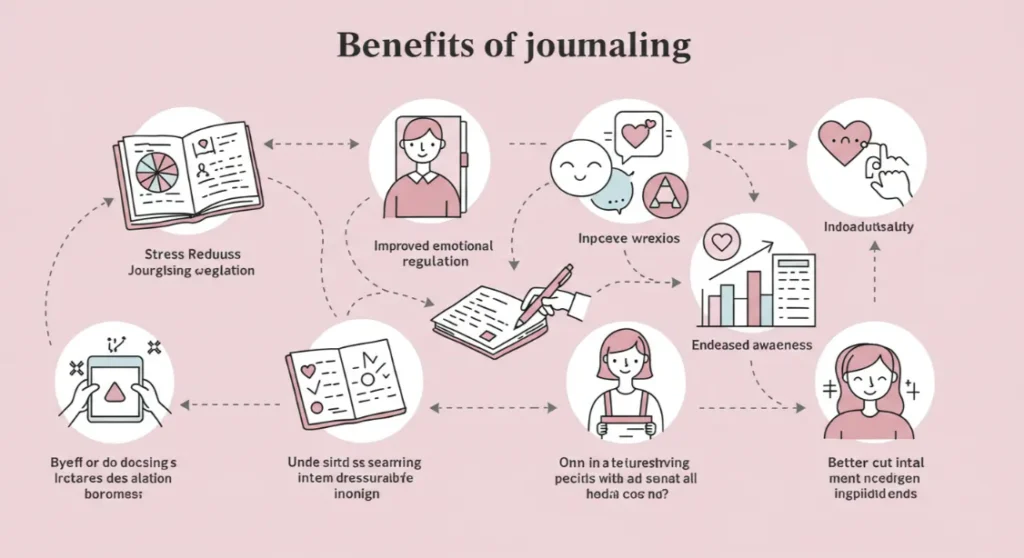
Stick with your gratitude practice, and you’ll start to notice some amazing long-term benefits:
- Increased Optimism: You’ll naturally start to focus more on the positive aspects of life.
- Improved Decision-Making: Gratitude helps you approach challenges with a clearer, more positive mindset.
- Greater Life Satisfaction: You’ll feel more content and fulfilled in your daily life.
- Enhanced Empathy: Gratitude makes you more attuned to others’ feelings and needs.
- Reduced Materialism: You’ll find joy in experiences and relationships rather than things.
Developing good habits can help you make gratitude a consistent part of your life, leading to these long-term benefits.
Conclusion: Your Gratitude Journey Starts Now!
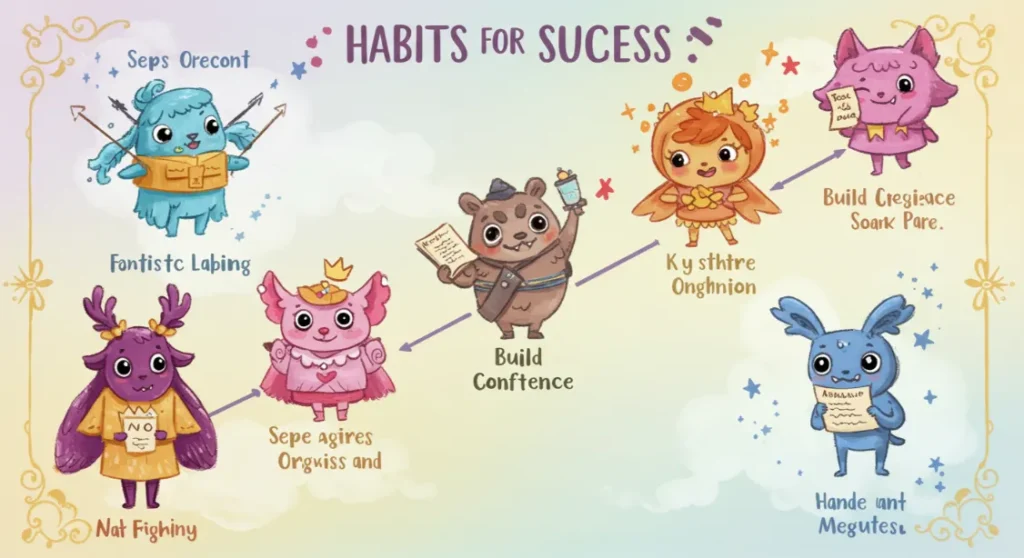
Gratitude isn’t just a feel-good practice; it’s a scientifically proven way to boost your happiness, improve your relationships, and enhance your overall well-being.
By taking just a few minutes each day to focus on the good in your life, you can transform your mindset and unlock a world of joy and positivity.
Remember, gratitude is like a muscle—the more you use it, the stronger it gets. So why not start your gratitude journey today? Your future, happier self will thank you!
Resources
- The Science of Gratitude – Greater Good Science Center
- Gratitude Journal: A Collection of 67 Templates, Ideas, and Apps – Positive Psychology
- The Neuroscience of Gratitude – Mindful
- How Gratitude Changes You and Your Brain – Greater Good Magazine
- The Power of Gratitude: 21 Gratitude Exercises – Gear Up To Grow
- Gratitude and Well-Being: A Review and Theoretical Integration – Clinical Psychology Review